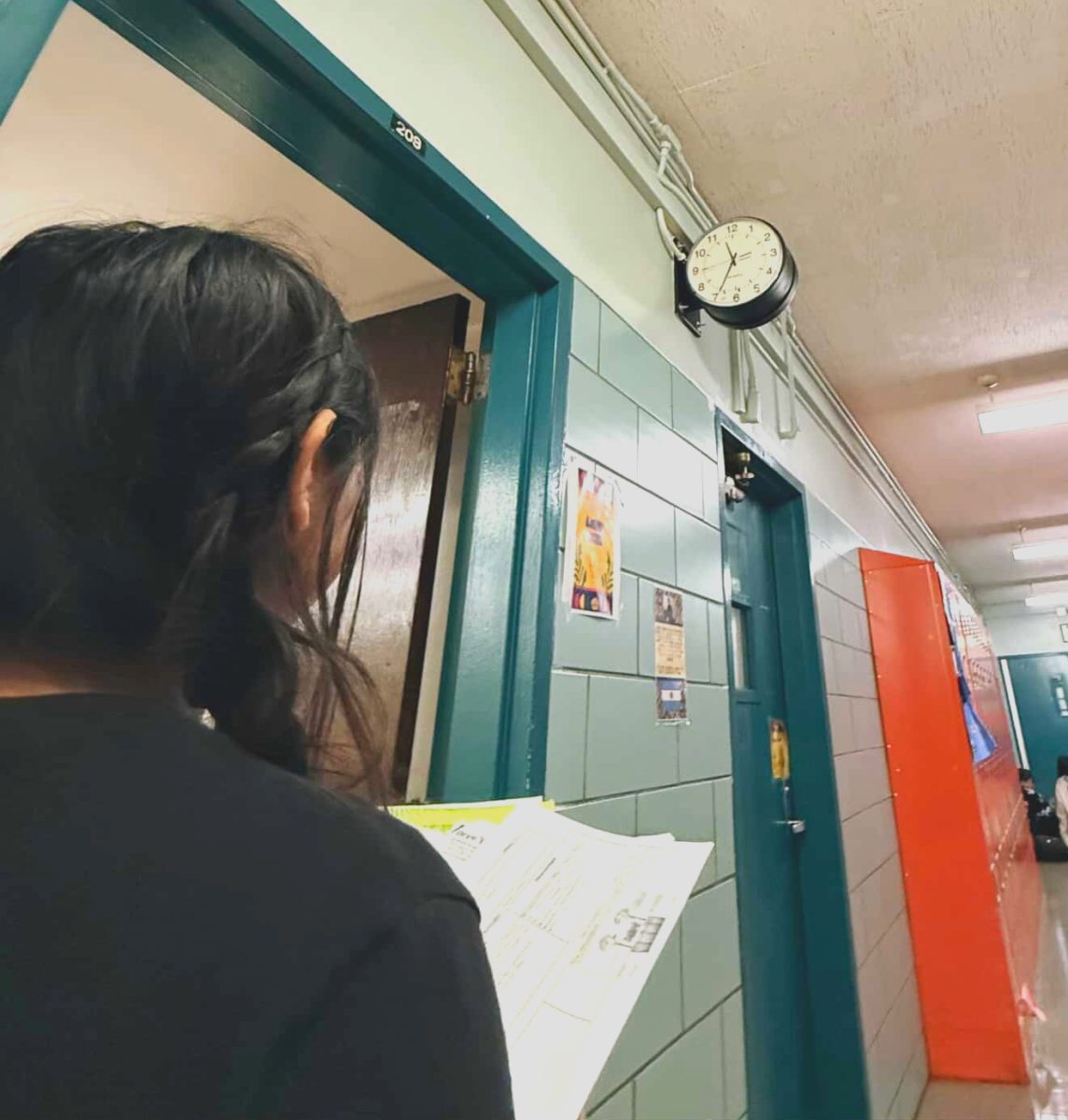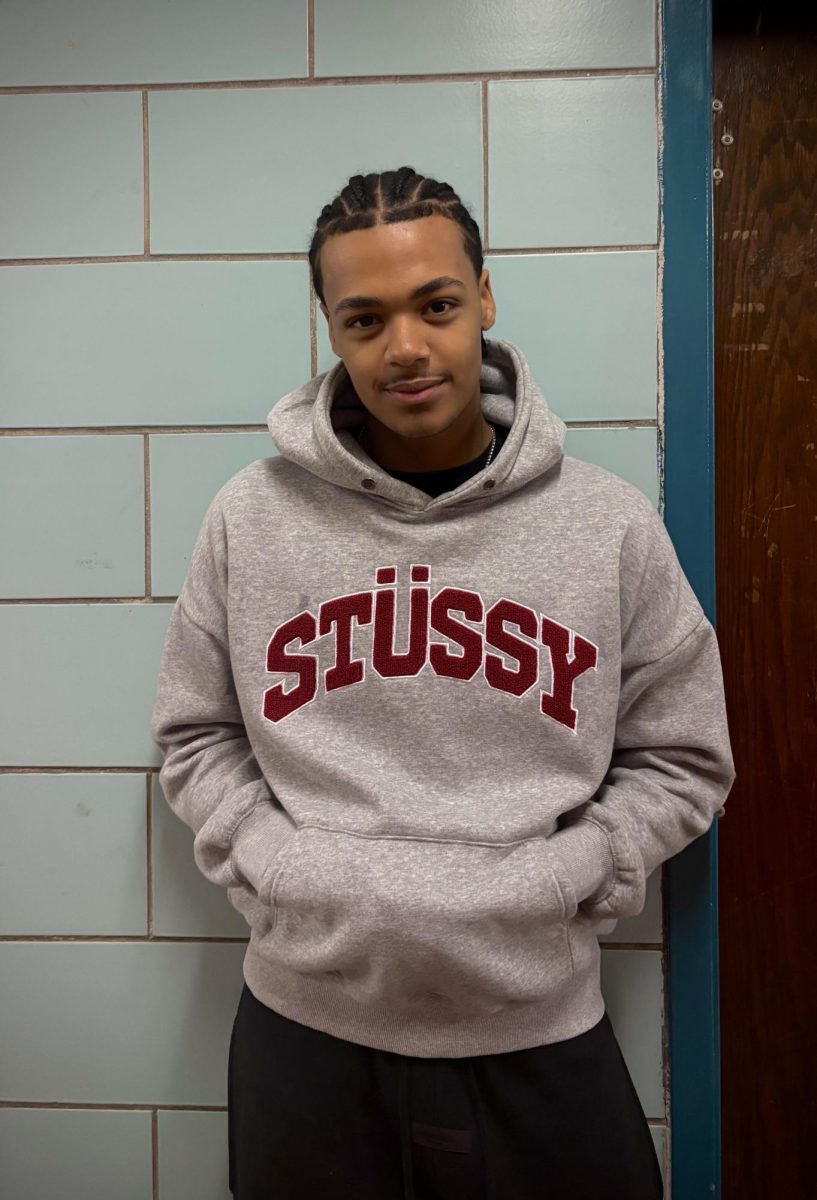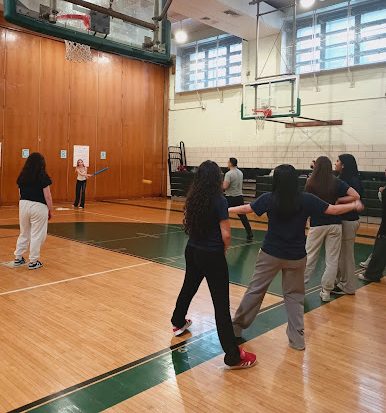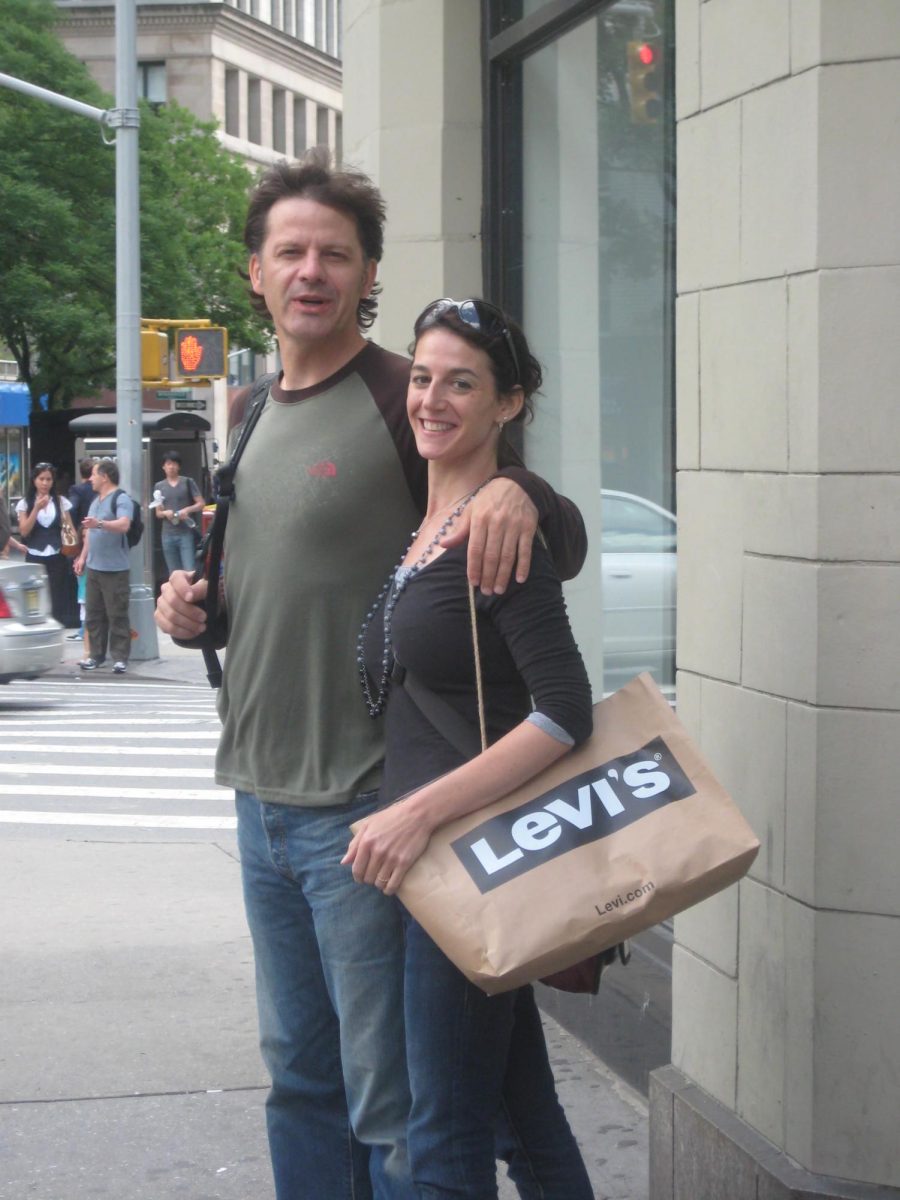I am my dad when I send my loved ones articles I think they’d like. I am my dad when I bring flowers to my friends for no reason. I am my dad when I take pictures of everything I see. I am my dad when I withdraw when I get mad. I am my dad when I leave the house instead of staying to fight. I am my dad when I bake cookies on a Wednesday afternoon. I am my dad when I listen to Mazzy Star. I am my dad when I take my medication. I am my dad when I forget. I am my dad when I write love letters to friends who need them. I am my dad when I help out even when I’m not asked. I am my dad when I listen instead of speaking. I am my dad when I lose my temper at my brother. I am my dad when I react to everything. I am my dad when I react to nothing. I am my dad when I show love to everything and everyone. I am my dad everyday, so even when he leaves, he will still be here. No one in my life will ever have to not know him. They will know me, and that’s close enough.
“Genetics is the scientific study of genes and heredity—of how certain qualities or traits are passed from parents to offspring as a result of changes in DNA sequence.”1 My dad has brown hair; my mom has brown hair; I have brown hair; my little brother has brown hair. My dad has hazel eyes; my mom has brown eyes; I have hazel eyes; my brother has blue eyes. That one isn’t so straightforward. But, for the most part, physical traits follow down the line. I have my late maternal aunt’s nose. I have my mother’s smile lines. I have my paternal aunt’s hair. I have my dad’s height, but my maternal great-aunt’s body shape. I am a combination of all the people who’ve come before me. You can see it when you look at me. But how does that account for who I am as a person– who any of us are?
DNA changes often come from the need to adapt. My mother and I have thin nostrils because our early ancestors lived through the harsh reality of Russian winters, where temperatures can drop as low as -44ºF. Our noses were once vital to our survival. Now we live in New York City, and the coldest we know is around 20ºF. I don’t speak Russian. I can’t cook Russian food. A person could pick me from a lineup and identify me as Russian, but am I really? Is my identity made up by a DNA spiral or my surroundings?
I’m starting to tour colleges. The first ones on the list were Syracuse and Cornell. These were the schools my parents attended. They make up pieces of my parents’ characters. It’s no surprise that most colleges prioritize legacy students when it is so commonly taught to follow in your parents’ footsteps. There is a frequent urge to think of the parent and child as one person. In fact, for their first six to nine months, a baby doesn’t realize that they are a person separate from their mom. This lack of distinction often causes rebellion in early teenagehood. But rebellion isn’t because a girl has the same eyebrows as her mother. It’s because she has the same aversion to Billy Joel. The same eagerness to yell. The fear that she will become that who comes before her. In this process, though, the negatives of our parents are highlighted. We leave out the good parts. The things we should aspire to parallel. My mom’s lust for life. My dad’s sense of humor. I can be my own person while preserving what I love most about my parents.
Negative qualities can be passed down too, of course. Everything needs balance. I have my mom’s optimism, but also her indecisiveness. I have my dad’s peaceful approach, but also his anxiety. This is okay too. This is life. Plus, it gives us another chance to make a change. “I am my mother’s child, I’ll love you ’til my breathing stops / I’ll love you ’til you call the cops on me.”2 I am not ashamed to be my mother’s child. I am not ashamed to be my father’s child. I am not ashamed to be my own person, with traits that are unique to myself.
Hopefully my children will reflect my parents too. Hopefully when they are no longer here, they will continue to grace the world with their energies. I know they will. For as long as I live, they will be here. Everytime I roll my eyes, I will hear my mom telling me she taught me how. Everytime I slow down and think, I will hear my dad telling me how rushing is one’s worst enemy. I have my own identity. I just tend to carry them in it.
References:
1 National Institute of General Medical Sciences
2 ‘Supercut’ (Lorde)




























